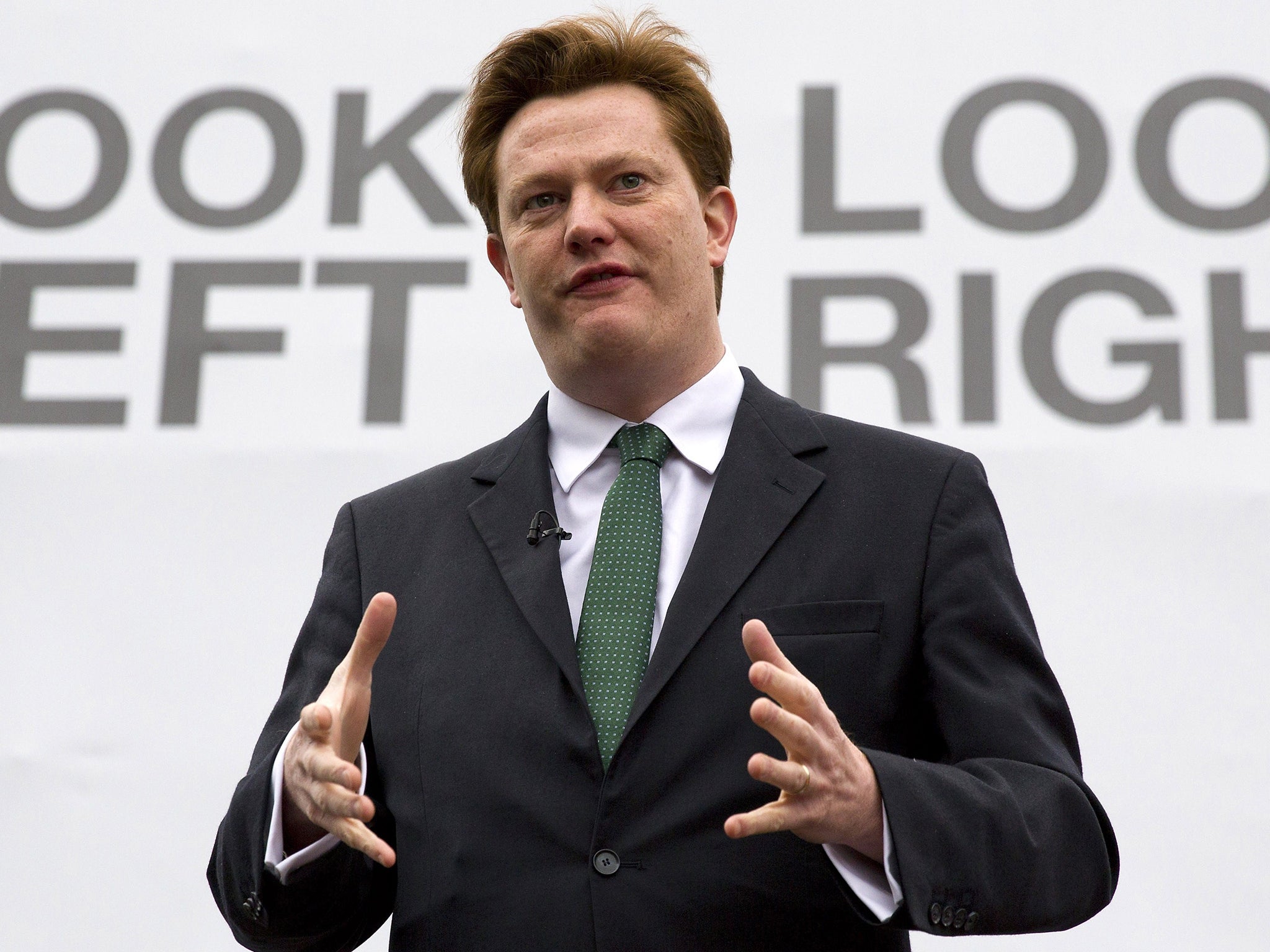Hands off the OBR, ministers and Treasury officials told
Select Committee demands official stop leaning on the independent economic body.

Your support helps us to tell the story
From reproductive rights to climate change to Big Tech, The Independent is on the ground when the story is developing. Whether it's investigating the financials of Elon Musk's pro-Trump PAC or producing our latest documentary, 'The A Word', which shines a light on the American women fighting for reproductive rights, we know how important it is to parse out the facts from the messaging.
At such a critical moment in US history, we need reporters on the ground. Your donation allows us to keep sending journalists to speak to both sides of the story.
The Independent is trusted by Americans across the entire political spectrum. And unlike many other quality news outlets, we choose not to lock Americans out of our reporting and analysis with paywalls. We believe quality journalism should be available to everyone, paid for by those who can afford it.
Your support makes all the difference.The powerful Treasury Committee of MPs has ordered the Government to stop interfering with the running of the independent Office for Budget Responsibility after it emerged that officials and a minister had successfully persuaded the independent body to alter a key report.
The committee launched an investigation after internal emails showed Treasury officials and the then-Chief Secretary to the Treasury Danny Alexander had attempted to influence the OBR’s highly influential economic and fiscal outlook report. The Treasury appeared to be knowingly going way beyond its permitted powers to make merely “factual comments”.
Today, the committee’s report into the affair reveals that Treasury officials made large numbers of requests for changes to the OBR’s report, some of which were implemented. The committee adds that Treasury suggestions of changes prior to OBR publications “appears to have been routine”.
George Osborne set up the OBR in 2010 specifically to take the politics out of official economic forecasts. Robert Chote, the respected head of the Institute for Fiscal Studies, was selected to run it.
While the Treasury Committee report said it had confidence in Mr Chote’s resilience to pressure from ministers and officials, it said the independence from the Government needed to be clarified and strengthened.
Andrew Tyrie, chairman of the Treasury committee said: “It is clear that the Chief Secretary made requests for non-factual changes to be made to the Economic and Fiscal Outlook. This looks like a misjudgement. It gives the appearance of a minister trying to lean on the OBR. The OBR’s independence is hard-earned and easily squandered.”
He called for a revised memorandum of understanding to make “crystal clear” that early sight of OBR work given to Treasury officials is for fact-checking and quality assurance purposes only.
His committee’s report said it was “far from clear” why ministers should be given early previews of OBR documents anyway given the highly technical nature of the information.
One key email from the Treasury to the OBR read: “It won’t come as a surprise I’m sure, but we haven’t strictly stuck to the ‘factual changes only’ requests so we’re giving you our full download and suggestions. As usual, we would be very grateful if you could consider these and the phrasing around a lot of this.”
Despite the row over interference from government officials, the OBR is generally well regarded for its independence. It famously irritated the Government in theDecember 2014 forecastswith its forecast that spending on public services would return to levels not seen since the 1930s.
The Treasury committee’s findings were included in its wider report Reviewing the Office for Budget Responsibility, which was also critical of the lack of independent oversight of the OBR’s work. The latest supposedly “independent” review was carried out by Sir David Ramsden, a Treasury official whose hisrole answering to the Chancellor meant he was “manifestly professionally incapable of conducting an independent review of the OBR”.
It also criticised the Chancellor for failures in OBR succession planning. Mr Osborne only recommended the reappointment of Mr Chote one month before his term of office was due to come to an end.
Join our commenting forum
Join thought-provoking conversations, follow other Independent readers and see their replies
Comments